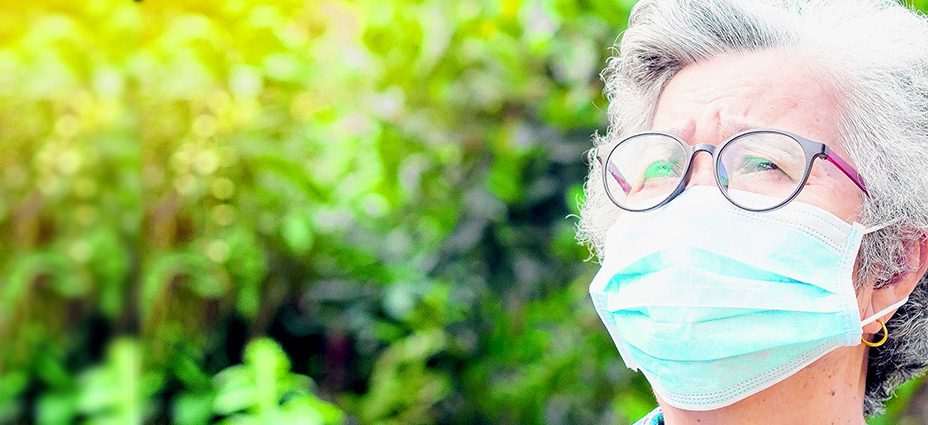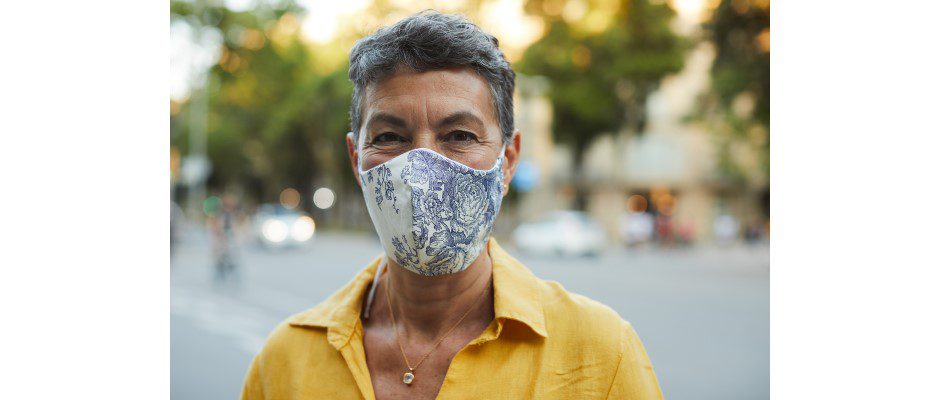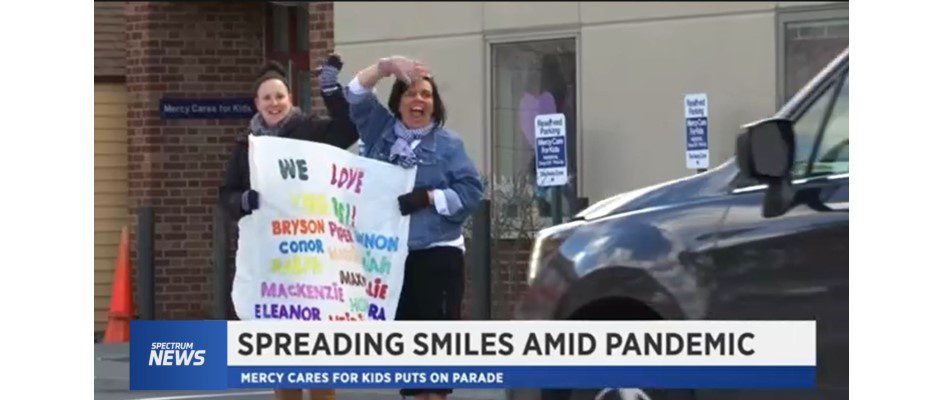
[This article was written by Harold Sokol, M.D., pulmonologist with Pulmonary and Critical Care Services, St. Peter’s Heath Partners.]
The novel coronavirus, known as COVID-19, is a respiratory illness that attacks the lungs. As a pulmonologist working in critical care, I am often asked: “What makes this virus so worrisome for some, but not for others?” While that answer is still being investigated, we do know how the virus attacks the lungs and why certain populations are more at risk.
As a respiratory illness, COVID-19 first attacks the upper respiratory tract, entering through the nose or mouth. It then zeroes in on the cilia — the tiny, hair-like projections found in the lungs that move microbes and debris up and out of the airway. From there, it attacks cells that produce mucus, another layer of defense. The death of these protective cells can then cause a person’s lungs to fill with fluid, preventing oxygen from entering into the blood stream, making it difficult to breathe.
From there, the immune system starts to kick in and fight off the invaders. For some, the immune system goes into overdrive, triggering what’s called a “cytokine storm.” This causes white blood cells to activate a variety of chemicals that can leak into the lungs, filling them with more fluid, making it harder and harder to breathe.
The elderly and those with other health conditions are particularly vulnerable to this reaction. There is a growing body of evidence indicating that smokers and those who vape are also at high risk. There are several reasons for this:
- Smoking and vaping require interactions between a person’s hands and mouth, thus increasing exposure and transmission.
- Smoking and vaping do significant damage to the lungs. Inhaling just one cigarette essentially stops the cilia from working, so that if even if a person’s lungs were healthy, they now can’t work properly to protect against viruses. This could explain the high mortality rates seen in Italy and Spain, where a large percentage of the population smokes.
So, what can you do to help protect yourself from contracting COVID-19? Stop smoking and/or vaping, maintain social distancing, and wash your hands.
It’s important to remind everyone that most people who have COVID-19 will experience a mild illness. There is no need to panic. Use common sense, and if you feel sick, please stay home unless you need medical attention. If you feel you need medical care, please call your primary care physician for guidance.





